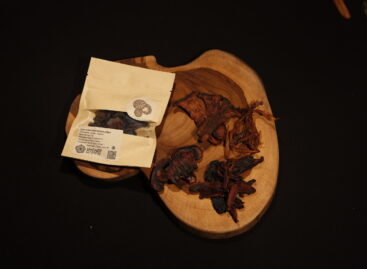ÖMKi: Our food safety also depends on the new GMO regulation
The European Union will discuss gene technology rules in the near future, the draft of which was presented by the European Commission on July 5, 2023. Professional organizations view the process critically.
According to the draft, plants created with new genetic technologies (NGT) are excluded from the scope of the GMO regulation, thus the update of the GMO law gives multinational companies an irreplaceable advantage in the field of plant breeding. The Ecological Agricultural Research Institute (ÖMKi) as a member organization of IFOAM Organics Europe (European Association of Organic Farmers) supports the resolution that the association recently issued, formulating the common expectations of the organic sector in relation to the new regulation.
IFOAM Organics Europe (European Association of Organic Farmers) issued a resolution at its June general meeting that organic agricultural production must remain free of genetic modification, including so-called new genetic technologies (New Genomic Techniques/NGT). The actuality of the resolution is given by the fact that the European Commission presented its proposal on the regulation of new genetic technologies on July 5. According to the draft, the Commission would completely exclude most NGTs from the current regulation of genetically modified organisms (GMOs), paving the way for their distribution without tracking and labeling.
Related news
Discover the solutions of the future on Startup Island! (Part 3)
🎧 Hallgasd a cikket: Lejátszás Szünet Folytatás Leállítás Nyelv: Auto…
Read more >Home Start loan: MBH Bank has raised the stakes
🎧 Hallgasd a cikket: Lejátszás Szünet Folytatás Leállítás Nyelv: Auto…
Read more >






